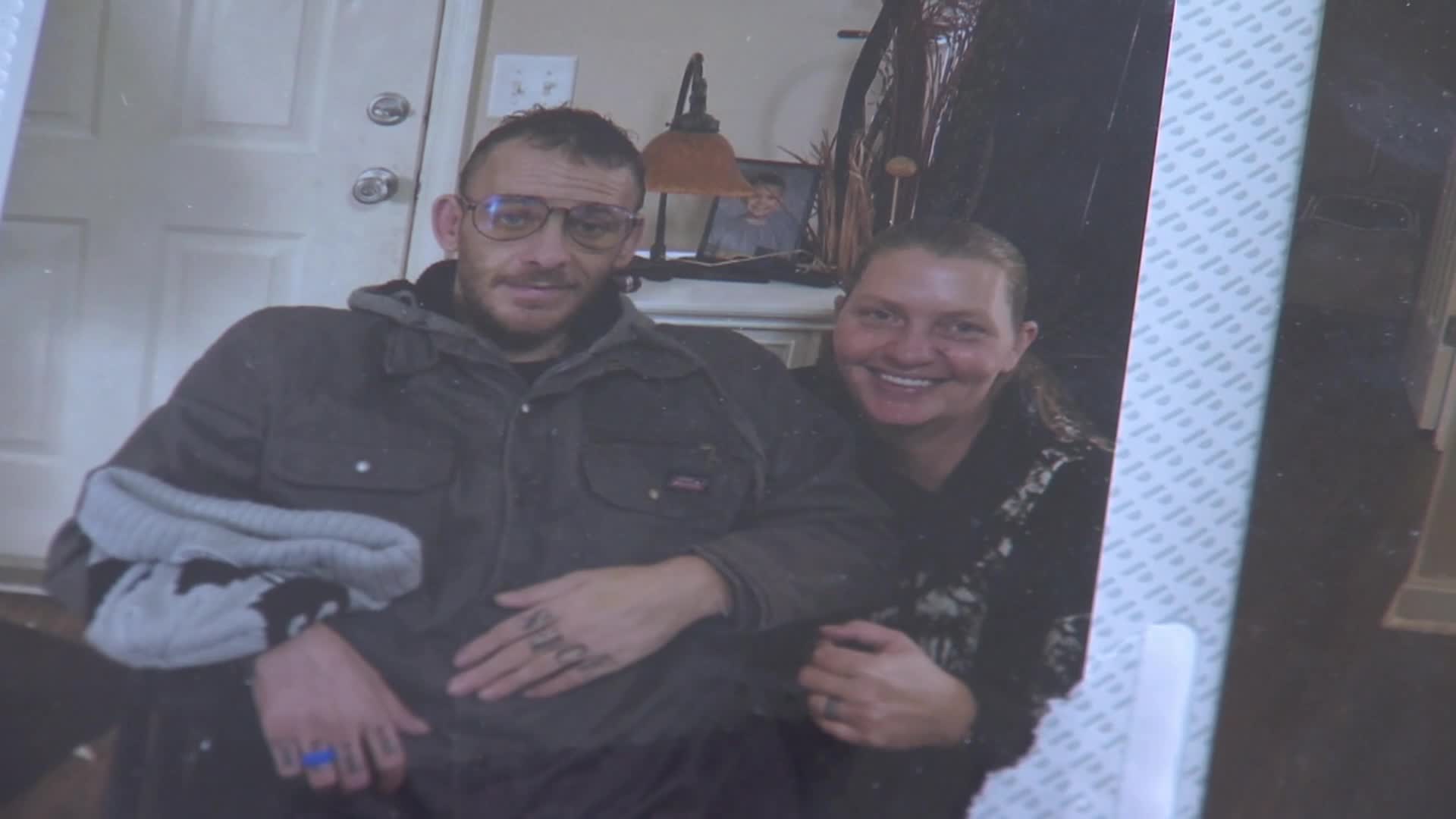The U.S. Department of Health and Human Services is investigating organ donation practices after a Kentucky organization allegedly began harvesting organs from people who may not have been dead.
A House subcommittee held a hearing Tuesday on organ donation safety lapses, some concerning Kentucky-based nonprofit Network for Hope, which merged with Kentucky Organ Donor Affiliates (KODA).
TJ Hoover was declared brain dead after suffering an overdose in October 2021, but his sister Donna Rhorer says doctors attempted to harvest his organs while he was still showing signs of life.
Rhorer says TJ's eyes were open and tracking movement during his honor walk, when family members gather to say goodbye before organ donation surgery.
"Almost immediately as soon as his honor walk started, his eyes were opened, and they were tracking, looking around at the people that were there," Rhorer said.
Approximately 45 minutes after TJ was taken to the operating room, Rhorer says a doctor informed the family they had stopped the procedure.
"She said, 'I stopped it, he's not ready, he woke up,'" Rhorer said.
Natasha Miller, who worked as a surgical preservationist on TJ's case for KODA, confirmed he showed signs of life during the procedure.
"He was moving a lot, just thrashing, not settled," Miller said.
According to Miller, who is no longer with KODA, TJ's declaring physician believed he showed too many signs of life to continue with the surgery, but KODA wanted to proceed anyway.
Rhorer didn't learn the full extent of what happened until she was contacted by Nyckoletta Martin, a former surgical preservation coordinator for KODA who had been scheduled to take over TJ's case.
"I was really surprised that that morning he had been taken to the cardiac cath lab, he was paralyzed and sedated, and moved on with the OR. The hospital staff said they were incredibly alarmed, calling it euthanasia," Martin said. "The cardiologist said he didn't know why TJ was given a poor prognosis, he said it didn't look like it was brain dead."
Martin resigned from KODA shortly after TJ's case. Rhorer says TJ now suffers from PTSD from the trauma, and both women have been advocating for organ donation reform.
"TJ was able to fight for his life...and he's still here. And there's others that are still here. But there's a lot that are not," Rhorer said.
Network for Hope responded to inquiries about TJ's case and Tuesday's hearings with a statement that reads:
"The Congressional Committee hearing on our nation’s organ procurement organizations was an important step toward increasing transparency for the millions of people who choose to register to be organ donors across the country. It also offered a valuable opportunity to clarify the role OPOs play and to highlight the life-saving work being done by organizations like Network for Hope. We hold ourselves to the highest standards and are committed to ongoing improvement as we carry out the sacred responsibility of honoring each individual’s decision to become an organ donor. We remain focused on our mission and dedicated to earning and maintaining the public’s trust in the donation and transplant system."
This article was written by Annie Brown for the Scripps News Group in Lexington.




